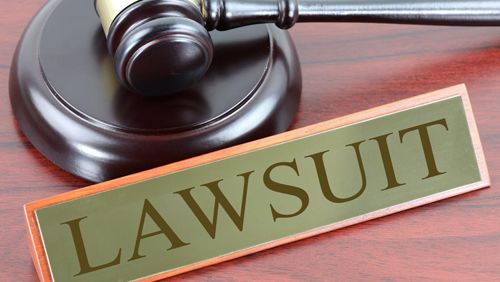It’s been almost two years since Paddy Power Betfair (PPB) purchased U.S.-based sports gambling and daily fantasy sports operator FanDuel, and the deal was wrought with conflict from the start – conflict that still persists to today. Arguments abounded then, and now, that something was amiss with the deal as FanDuel’s founders and certain shareholders didn’t receive anything from the deal. As a result, FanDuel founder Nigel Eccles sued just months after the sale was consummated, looking to receive $120 million as a payout. Now, a second suit is in the works, bringing together Eccles and over 100 employees, all looking for a piece of the action.
Legal Sports Report explains that this new lawsuit was filed in the Supreme Court of New York and asserts that Shamrock Capital Advisors and KKR & Co, two private equity firms that were among the first to back FanDuel when it was created, schemed together in order to artificially lower FanDuel’s value ahead of the sale to PPB. The first lawsuit never stood a chance, since it tried to stop the merger from moving forward. However, at the time, Eccles was not a shareholder and, as such, didn’t have grounds to sue, per legal statutes.
This new lawsuit tries a different approach, bringing in the employees as preferred shareholders. According to FanDuel’s Articles of Association, the sale should have resulted in all preferred shareholders of being able to claim a portion of the first $559 million expected price of the sale. A stock purchase clause should have guaranteed the sale at a minimum of that amount, but the company ultimately went for $465 million based on the alleged artificial valuation.
In addition, the common shareholders were supposed to receive 40% of the new FanDuel Group that was born from the sale, another stipulation that was based on the higher sales price. Since the company was sold for much less, the 40% clause was nullified.
As a result, neither Eccles nor the employees received anything – not a dime – from the deal. Eccles asserts, “Put simply these investors and the board cheated FanDuel employees to give themselves a massive payday. They failed to ask for an independent valuation, failed to hold a shareholder vote and then hid documents from employees and other investors to cover up their misdeeds. Their self-dealing fails any basic fiduciary or moral standard.”
FanDuel and DraftKings had discussed a merger prior to the PPB deal that put the former’s value at $1.2 billion. When that merger fell through, however, FanDuel suddenly had its valuation dropped by the investors and the board of directors as it moved into the deal with PPB.
As a result, the new lawsuit asks for “hundreds of millions of dollars” in compensation, disgorgement and any additional financial relief due. They also want an “imposition of a constructive trust over the stock in PandaCo, FanDuel Group, and/or Fastball Holdings, and all proceeds obtained from any transfers or appreciation of such stock” related to the sale to PPB.
